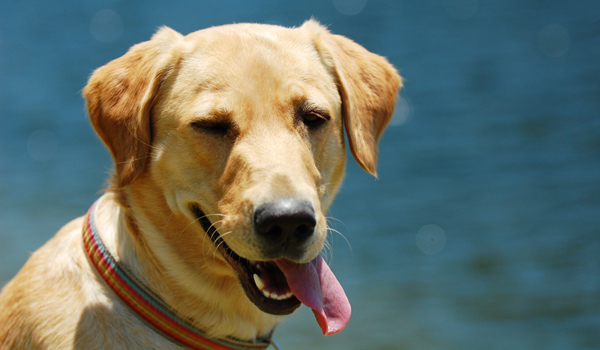
Do Animals Have Feelings?

People often assign feelings to animals that zoo polar bear's vacant stare must mean he's sad, or the uh-oh expression a dog flashes after knocking over the garbage indicates shame. But scientists haven't determined whether these human-like expressions really mean anything. After all, it's very difficult to read a dog's mind.
Scientists believe that certain brain cells in humans called spindle cells are responsible for human social behavior and the interplay between thoughts and feelings. Studies have revealed that chimpanzee, dolphin and whale brains also possess spindle cells. Although these are all animals that can act people-like, the presence of these cells does not mean that the animals have feelings.
[Got a question? Send us an email and we'll look for an expert who can crack it.]
Even animals that don't have spindle cells, such as dogs, have shown behaviors that can suggest a human-like social sense. In recent experiments, dogs have shown that they know to follow a human's pointed finger to find a food treat. Scientists report that this shows dogs are sensitive to human social cues and are able to correctly interpret them. Still, this only proves that dogs know how to find food, not that they have feelings.
Observations of apes have also revealed behavior that appears to represent various human-like impulses. In some tests, chimpanzees demonstrate what looks like altruism helping their own kind and even other species without the expectation of a reward. In the wild, chimpanzee mothers have been observed carrying their dead infants for weeks, appearing to mourn.
Other experiments have cast doubt that animal behavior can reliably signify an underlying feeling. In a recent study, a Barnard College researcher tested dogs to see if their guilty looks were linked to actual bad behavior. Dogs were tempted with a treat and told by their owners not to eat it.
The dog's owners weren't allowed to see whether their pets had eaten the treat or not, but were told either that they did or that they didn't, and were then instructed to scold the dogs that disobeyed. The experimenters noted that scolded dogs showed a guilty look whether or not they had actually done wrong.
Sign up for the Live Science daily newsletter now
Get the world’s most fascinating discoveries delivered straight to your inbox.
This illustrates the difficulty in accurately interpreting animal behavior as a marker of human-like feelings. A guilty look suggests a feeling of guilt in a human but not necessarily in a dog, according to the Barnard research. Similarly, even apparent mourning or empathy behavior might not actually mean these feelings are present in the brains of animals.
From a scientific view, the jury is still out on this one, but it's certainly more fun to say that, yes, your dog is smiling because he's happy to see you.









